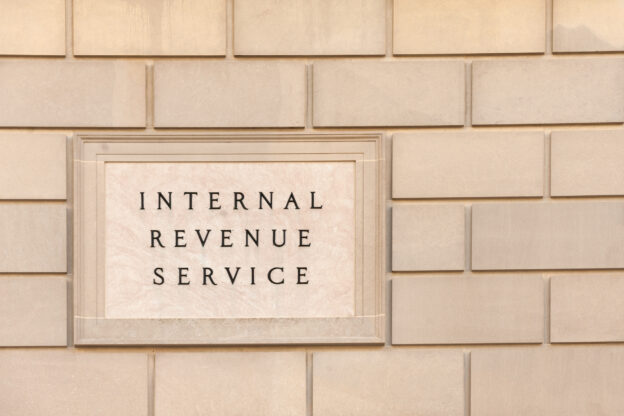
Dana Dobbins
By Dana Dobbins
Question: What are the guidelines for when employees, current or former, request a copy of their personnel file, and what files are required to be provided upon request?
Answer: When it comes to an employee’s or former employee’s request for their own personnel files, employers must be cognizant of applicable state and local law when responding to such requests. Some states, including Idaho, Montana, New Mexico, Utah, and Wyoming do not have any state or regulatory provisions that apply to private-sector employment (though there may be specific regulations related to public-sector employers). Employers should be mindful of any company policies or procedures governing access to personnel files, which should comply with any applicable laws, and must apply those policies and procedures consistently.
Other states have specific rules governing current and former employee access to the employee’s personnel file. For example, under Colorado law, an employer must allow a current employee to inspect and obtain a copy of his or her personnel file at least annually, upon the employee’s request. However, the employer can require that the review occur at the employer’s office at a time that is convenient for both the current employee and the employer. Read more


















